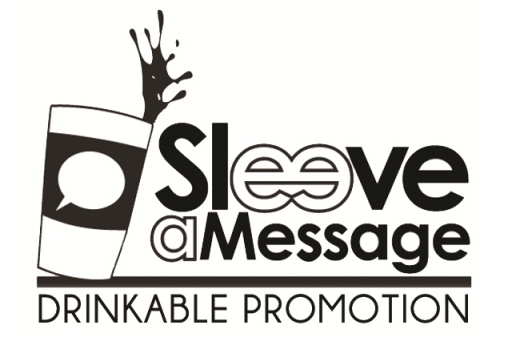Now is the best time for entrepreneurs to sit down for a few hours and plan ahead for 2013. Earlier this week, we offered productivity tips to help entrepreneurs set themselves up for success in the 2013. Today, we bring you tips to help protect your startup in 2013, thanks to Polsinelli Shughart attorney Brian Salmo. Below, Salmo points out a few things that entrepreneurs should pay attention to when it comes to managing risk and protecting intellectual property.
Q: What can startups do to manage and reduce risk when hiring next year?
Brian Salmo: When creating compensation terms with employees and consultants, especially incentive and/or equity compensation, those terms need to be in writing. Of course I recommend having an attorney document these arrangements, but at a minimum, the parties should have an email or letter setting forth the deal terms. People think they understand each other during a conversation, but when a deal is put on paper, there are always revisions before everyone is truly on the same page. So in addition to having a written record of the arrangement, documenting terms is a good exercise for the parties to really strike a deal they both understand, which reduces the risk of future problems.
Determine if prospective employees and consultants are subject to any restrictions with any current or former employer or client, like a non-compete agreement, moonlighting policy, or invention rights agreement. If so, you should review the restriction to make your proposed role for the person does not conflict with it.
What can startups do right now to protect their intellectual property?
Brian Salmo:Having employees and consultants sign a confidentiality and invention rights agreement is critical for a company’s IP protection. That agreement helps ensure that what the worker creates stays with the company.
Trademarks are a fairly inexpensive form of IP protection that can protect a brand’s value and should be considered by every company.
Technology companies should always consider obtaining patents. Although obtaining multiple patents is not cheap, there are cost-effective ways to help determine if you have a product that is worth patenting prior to completing a full-blown patent application.
Thanks so much for your advice, Brian. Entrepreneurs, what are you doing to manage risk in 2013? Let us know in the comments.










